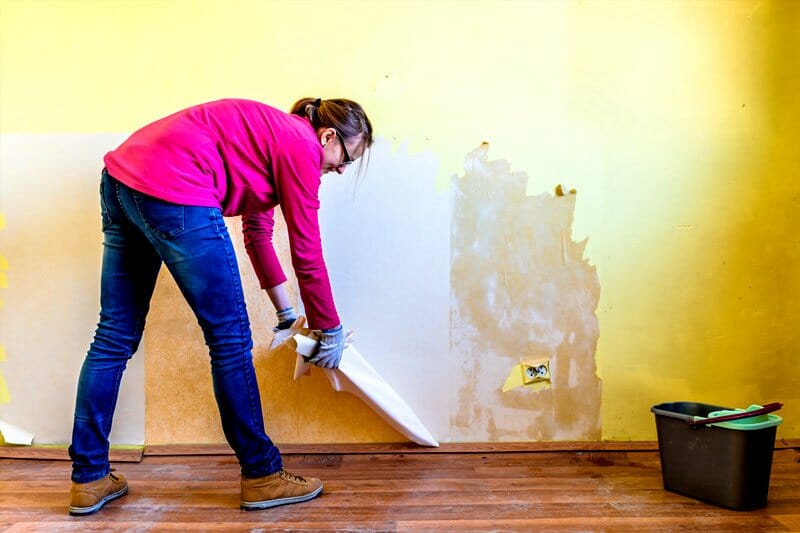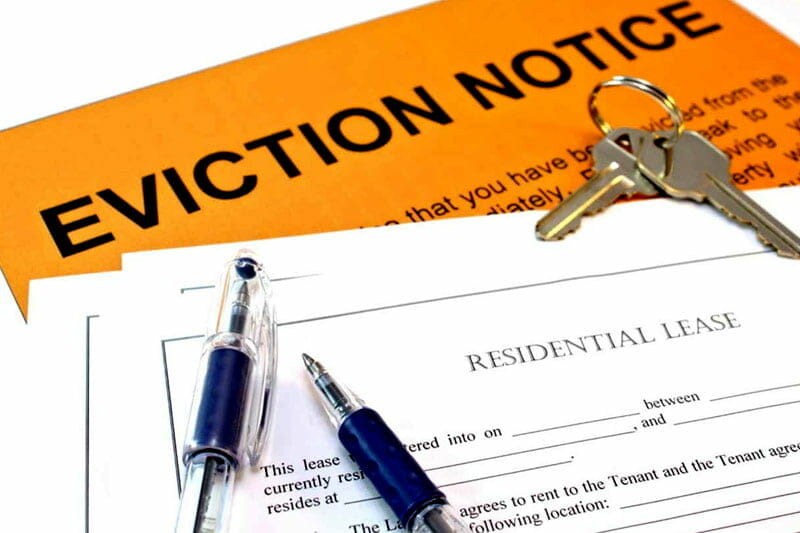Mold is universally acknowledged as a significant issue. It is imperative for property owners to treat mold concerns with utmost seriousness and to respond promptly upon detection.
Florida State doesn’t have a federal law that covers a landlord’s responsibilities when it comes to mold. Also, the obligation related to the landlord’s duty or liability when it comes to mold prevention or remediation is not regulated by Florida law.
However, Florida citizens are not unprotected in this regard. Florida Governor Charlie Crist has signed Mold/Inspection legislation (SB2234) into law and that way the Mold Inspection and Mold Remediation Industry got some kind of regulation.

What we cover
ToggleFlorida tenant's self-helping opportunities
When there is a mold outbreak in the apartment or rental property, tenants choose to pursue two legal self-helping strategies that are recognized by the courts in Florida.
Rent withholding
Tenants can “resort” to this strategy in the case when they can prove that the mold has made their apartment uninhabitable. Regardless of what is written in the rental agreements, the “implied warranty of habitability” bound the landlords in Florida to provide tenants with apartments in livable condition.
Repair and deduct
This is a well-known strategy that involves taking care of mold by the tenants themselves. After they have taken care of mold clean-up on their own, they have the right to subtract the cost from their rent.
Mold disclosure obligations in Florida State
The law in Florida requires sellers to disclose mold at a rental property. This applies even if the buyer does not ask whether the seller knows about defects.
Buyers need to use their common sense and make reasonable inspections of the property. When it comes to visible and obvious defects, the landlord has no obligation to disclose the problem, just the so-called “latent problem”.
Every problem that cannot readily be seen during a normal inspection is considered “latent”. The “star of this article”, mold, is the most common. “latent problem”.
Florida law also does not require the seller to engage in an exploration of the home to discover any issues or defects.
Deducting mold-related costs
If a departing tenant has caused the mold problem in a rental unit, the landlord has the opportunity to deduct the mold-related costs from the tenant’s security deposit. Florida state law allows landlords to do this.
What does the procedure look like?
A landlord must give the tenant a required notice along with a written explanation of the mold damage costs within 30 days of the tenant’s lease termination.
Within 15 days if the tenant doesn’t object, the landlord needs to return the remainder of the deposit to the tenant within 30 days of the date of the written explanation. More about this can be read in Fla. Stat. Ann. § § 83.49.
How long does the landlord have to fix the mold in Florida State?
The landlord has 20 days to make the needed repair after receiving written notice. The tenant has the right to withhold rent for the next rental period and thereafter until the repair has been performed.
A very important thing to know is that the lease may provide for a longer period of time for maintenance or repair.

If the landlord fails to make the repairs…
If the property is ruled by a civil court to be wholly untenantable, the tenant may choose to vacate the premises, retaining the amount of rent withheld, and terminate the lease (for the failure of the landlord or property management company to make the premises tenable within an agreed-upon time frame), without any legal liability for future rent or charges associated with breaking a lease agreement.
Can a landlord evict you for mold in Florida?
Do not withhold rent without giving 7 days’ notice. Failure to do so entitles the landlord to bring eviction proceedings against the tenant regardless of the presence of mold.
Resource: See all state mold laws

Can you sue for mold in Florida?
If you suspect that you have been exposed to and sickened by toxic mold through no fault of your own, you may be entitled to compensation. If the fault lies with a landlord avoiding the issue, you may have grounds for a lawsuit












